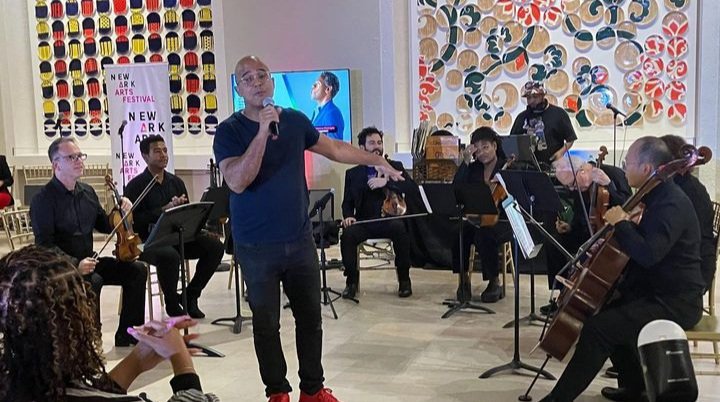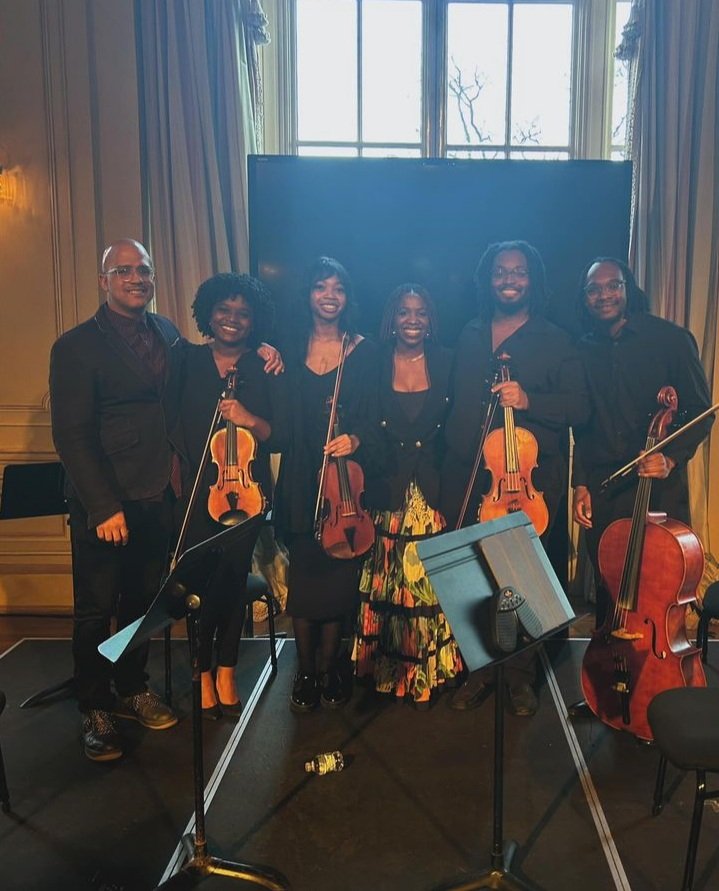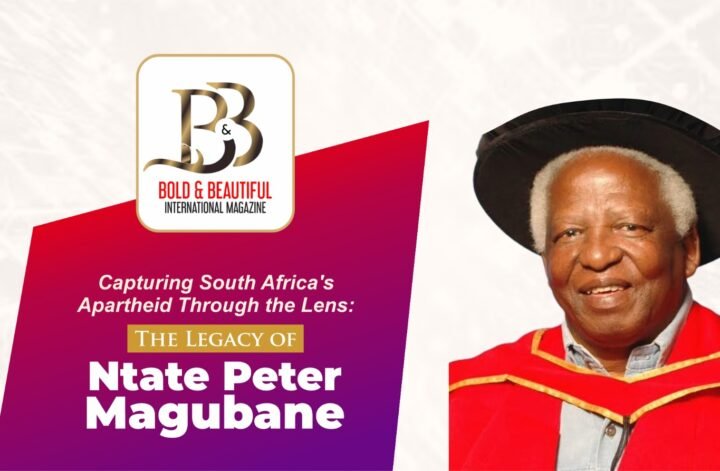Daniel Bernard Roumain, a multifaceted artist known for his contributions as an opera composer, librettist, violinist, pedagogue, and activist, has left an indelible mark on the world of music and beyond. Born on May 3, 1971, in Skokie, Illinois, and raised in Margate, Florida, Roumain’s upbringing in a Haitian household instilled in him a rich cultural heritage that would influence his artistic endeavors throughout his life. From a young age, Roumain displayed a prodigious talent for music, mastering the violin by the age of five and later exploring a diverse range of genres, including rock and hip-hop.

Roumain’s educational journey took him to prestigious institutions such as Vanderbilt University and the University of Michigan, where he honed his skills in composition and theory. Despite his rigorous academic pursuits, Roumain remained deeply connected to the world of performance, freelancing as an accompanist and rehearsal pianist for renowned dance institutions in New York City. His early compositions, including “Harlem Essay for Orchestra,” showcased his innovative approach to blending classical and contemporary influences.

Throughout his career, Roumain’s commitment to pushing artistic boundaries and addressing social issues has been evident. His groundbreaking work, “24 Bits: Hip-Hop Studies and Etudes,” funded in part by the New England Foundation for the Arts, exemplifies his fusion of traditional musical forms with modern sensibilities. Roumain’s collaborations with ESPN and his creation of large-scale, site-specific musical events demonstrate his ability to engage diverse audiences and spark meaningful dialogue.

In 2021, Roumain faced controversy over his operatic aria, “They Still Want to Kill Us,” which confronted the legacy of the Tulsa Massacre. Despite opposition from Tulsa Opera, Roumain refused to compromise his artistic integrity, leading to the cancellation of the performance. However, his unwavering commitment to amplifying marginalized voices led to the aria being performed by Opera Philadelphia, underscoring the power of music as a tool for social change.

Beyond his accomplishments in composition and performance, Roumain’s role as a Resident Artistic Catalyst for the New Jersey Symphony Orchestra reflects his dedication to nurturing the next generation of artists and fostering innovation within the classical music world. With upcoming commissions and performances slated with the NJSO, Roumain continues to push the boundaries of what is possible in music and remains a beacon of inspiration for artists and activists alike.





